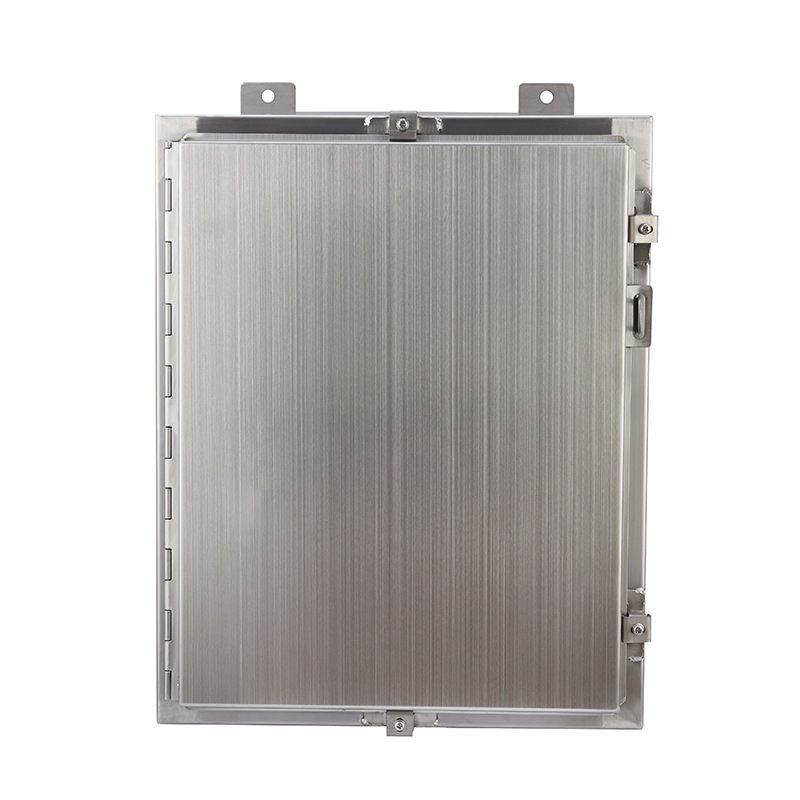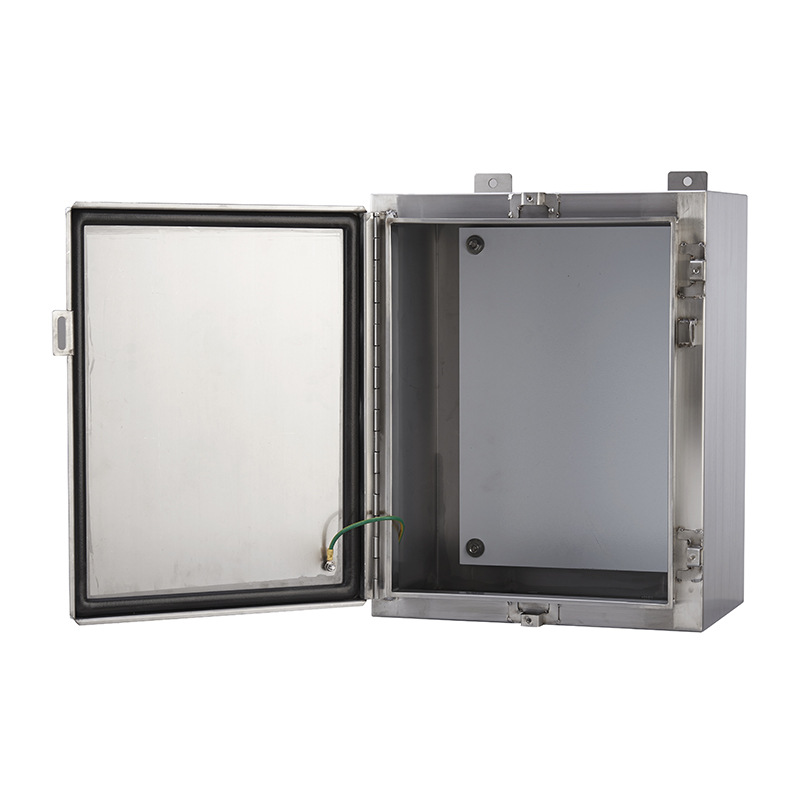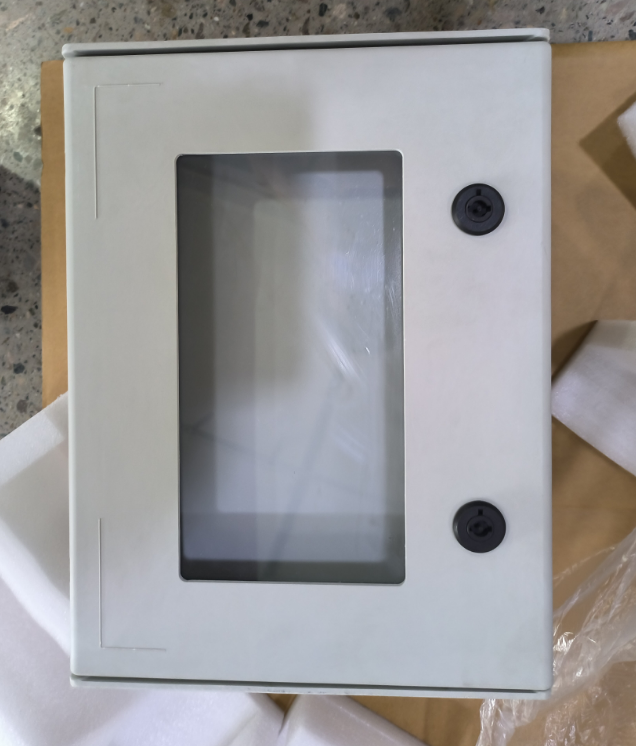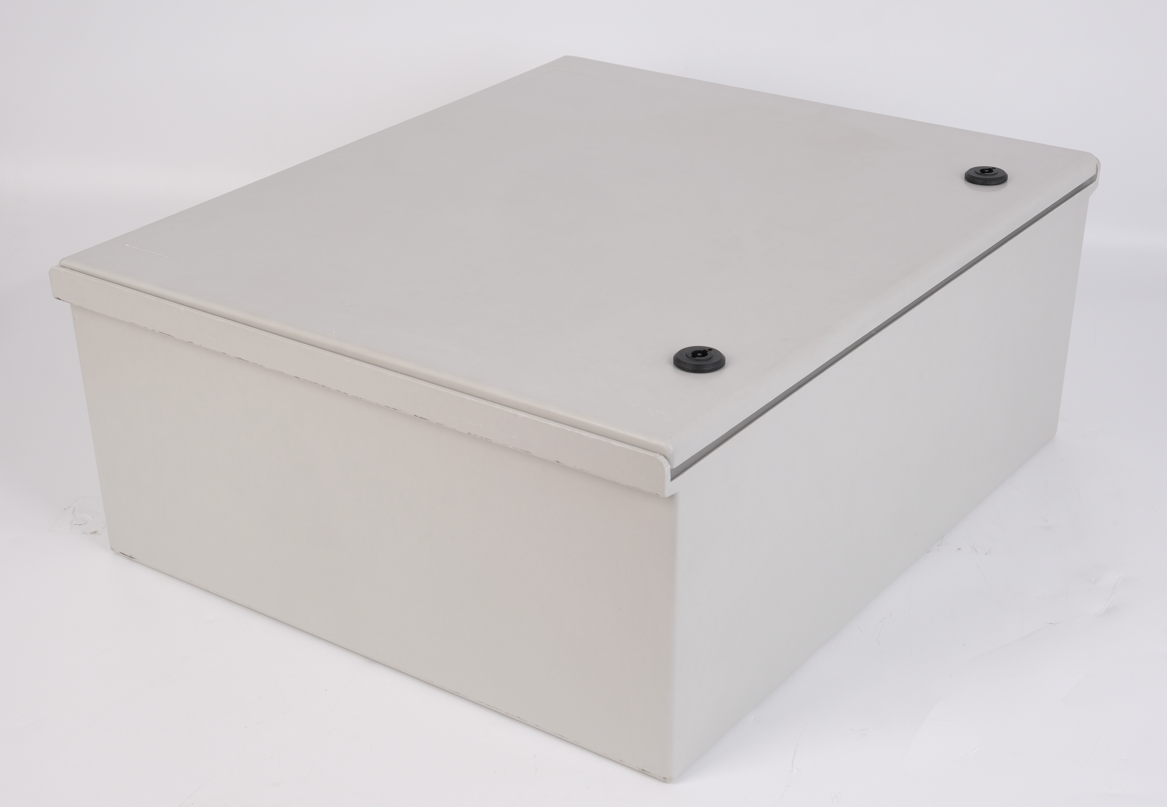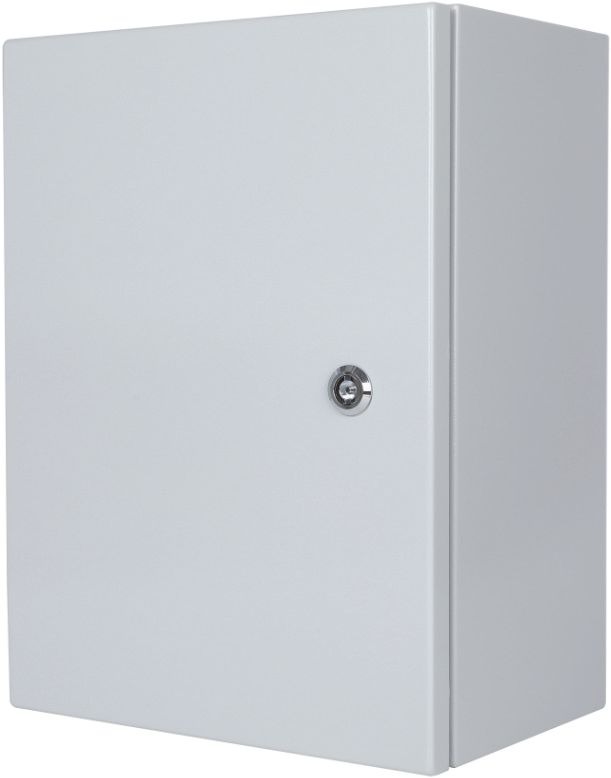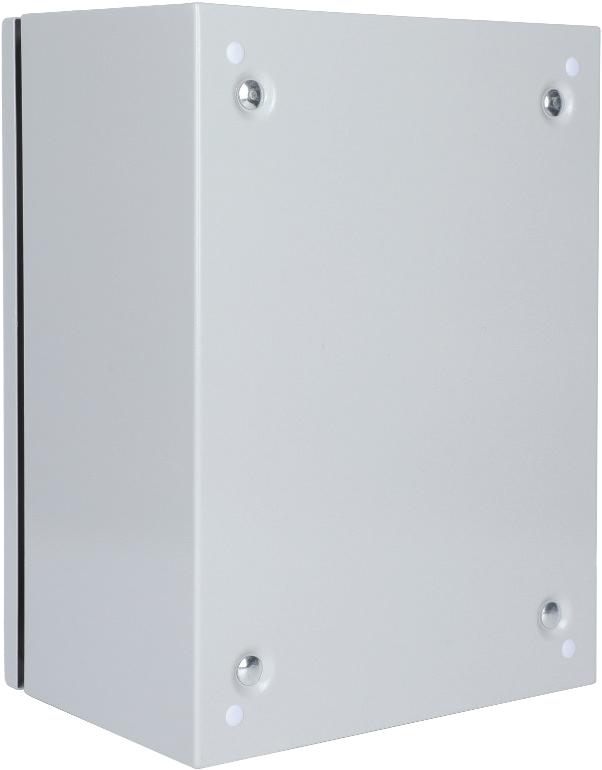For outdoor electrical enclosures, meeting environmental protection standards like IP ratings or NEMA types is just one piece of the puzzle. For many clients—especially those in the U.S. market—UL Listing (Underwriters Laboratories) often becomes a deciding factor. But what exactly does “UL Listed” mean, why is it important, and how should you choose or specify a UL-listed enclosure? Here are some tips and practical advice that can help both buyers and manufacturers.
1. Why UL Listing Matters (Especially for Outdoor Enclosures)
✅ Safety & Reliability
A UL-listed enclosure gives you assurance that the enclosure’s materials, seals, load paths, and construction were evaluated under realistic stress conditions.
✅ Compliance & Easier Inspection
Many electrical codes, industrial projects, or customer specifications in North America expect or require UL-listed products. Using UL-listed enclosures often makes approval and inspection smoother.
✅ Credibility & Market Acceptance
UL is a trusted third party. Showing a UL mark helps instill confidence in buyers and downstream users, especially in regulated or safety-conscious industries.
✅ Avoiding Liability & Reducing Risk
If something goes wrong (fire, short, ingress failure) and non-UL products are used, liability or insurance claims might be impacted. Having UL listing helps show that due diligence was followed.
2. Key Differences: UL vs NEMA vs IP
When comparing enclosures, you’ll often see UL, NEMA, and IP specifications. They measure different things and sometimes overlap:
IP (Ingress Protection): Defined under IEC 60529, it indicates how well the enclosure resists dust, water ingress, etc. (e.g. IP65, IP66)
NEMA Ratings: Predominantly used in North America to classify environmental protection levels (dust, water jets, corrosion, etc.).
UL Ratings/Standards: Focuses on safety, fire containment, electrical performance, materials, and environmental stresses. Many UL enclosure standards correspond or correlate with NEMA types (e.g. UL 50, UL 50E)
Tip: A good enclosure might carry a UL mark and meet NEMA / IP requirements.
3. Common Mistakes & Pitfalls to Avoid
Treating “UL Listed” as a marketing claim
Always verify with file numbers and certified reports. Some pieces may only be components of a larger UL system.
Modifying sealed or tested components
Even a new hole or altered gasket area can void the UL listing unless re-evaluated.
Mixing mismatched ratings
Just because an enclosure is UL-listed doesn’t mean it automatically meets the NEMA or IP rating your project needs—or vice versa.
Ignoring environmental stress tests
UL tests include temperature cycles, UV exposure, vibration, and other dynamic stresses beyond just water/dust ingress.
Relying only on sales sheets
Always request the actual certification documents, test reports, and verification via the UL database.
Below you’ll find detailed information from Hofengfab on our UL-certified fiberglass electrical enclosures.
1. Material: Fiberglass/(SMC)* Color: RAL7035 *Protection degree: lP66 *Workingtemperature:-40Cto +120°C. Machanical impact: lK08
2. Enclosures made of Aluminums, Plastic and Glass-fiber reinforced polyester,as well as machine control panels and suspension systemsprotect sensitive electronics in a wide range of industrial applications.
3. • Gernan Rarmpf foam for high-temperature resistance and strongelasticity. ensunnq NEMA 4Xlevel protection.
• Standard threading cover holes and flexible structure for easyprocessing and eoo-friendly protection.
• GaManized bottom plate with bolt fioxation for sinmple assemoly• Multi-layer protection at the box mouth to pxrewent ingress of dirtand water.
• MS705 lock system for eas/ operation
• UL standard comoliant powder coating with improved adhesion,uniform color, and full saturation
4. Types of UL Listed Electrical Boxes
There are different types of UL Listed enclosures depending on your application:
Type 1 – Indoor use, basic protection against dust.
Type 3R – Outdoor use, protects against rain and snow.
Type 4/4X – Heavy-duty protection against water, dust, and corrosion.
Type 12 – Industrial environments, protects against dust and dripping liquids.
5. Conclusion
If you’re evaluating or specifying outdoor electrical enclosures (like those from Hofengfab), always ask: which UL standard is being met?, can you provide the UL file number, and will our customizations affect the listing?


